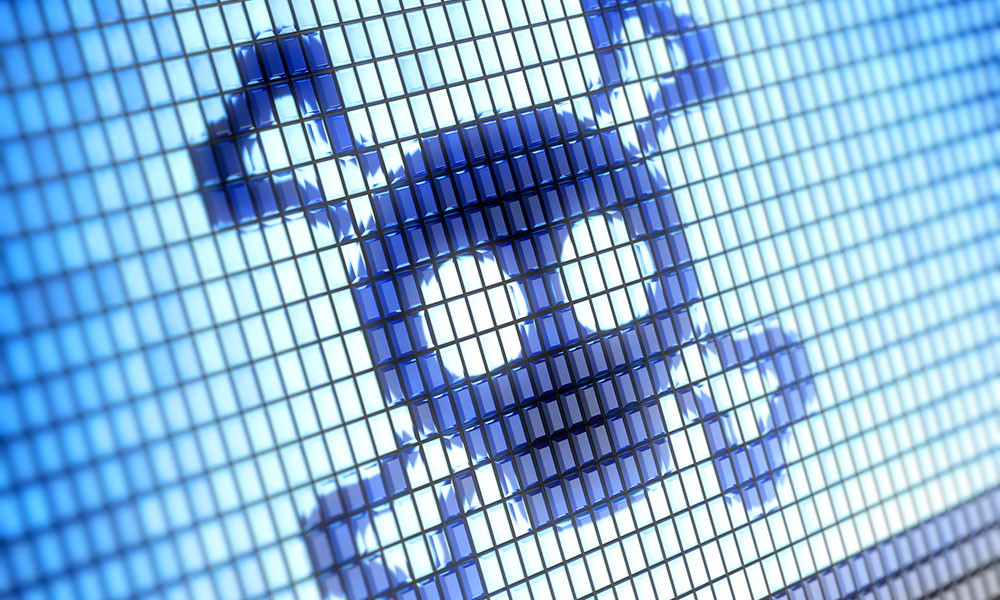
American Chemical Society Presses for Block of Pirate Website
ACS has asked a court not just to rule in its favor in its suit of Sci-Hub, which republishes scientific publications without permission, but also to ask search engines and ISPs to render the site inaccessible.
Many scientific and medical societies face the problem of having their publications pirated online. This summer, the American Chemical Society has been going after one of the biggest offenders, asking not just that it halt its activity but that it effectively be wiped from the internet.
In June, ACS filed suit against Sci-Hub, one of the largest aggregators of scientific publications, alleging that it “illegally distributes copyrighted scientific journal articles and book content stolen from ACS.”
Sci-Hub did not respond to ACS’ complaint by a deadline set by the court, according to Glenn S. Ruskin, director, external affairs and communications at ACS. Sci-Hub’s silence prompted the society to take more aggressive action earlier this month. In a September 1 motion filing [PDF] with the U.S. District Court for the Eastern District of Virginia, ACS asked the court to deliver a default judgment in the association’s favor.
The need to increase security measures both in terms of technology and human resources continues to grow.
Among ACS’s requests is $4.8 million in damages, but the eye-popping detail in the filing goes beyond dollar signs. ACS also asked the court to rule that access to Sci-Hub and its related sites be blocked by “Internet search engines, web hosting and Internet service providers, domain name registrars, and domain name registries.”
Many observers have noted that the request is unusually broad. “ISP blocking happens in the U.K., Germany and several other Western countries, but the U.S. simply doesn’t do that, to my knowledge,” Stephen McLaughlin, a Ph.D. student following the case, told Inside Higher Ed last week.
In an emailed response to questions about ACS’s move, Ruskin says the egregiousness of Sci-Hub’s actions necessitated the association’s response. “Sci-Hub is stealing ACS copyrighted content and illegally reproducing and disseminating it on their website and via spoofed websites that mirror ACS’ own website, and Sci-Hub is counterfeiting and infringing on the Society’s trademarks,” he says. “Sci-Hub has amassed the volume of materials it reports to have through theft and deception and in violation of the rule of law.”
Piracy cases like these have also moved ACS to staff up, and not just from a legal perspective, he says. “As illegal activities, such as those conducted by Sci-Hub, continue to increase, the need to increase security measures both in terms of technology and human resources also continues to grow,” says Ruskin, who notes that ACS recently hired a chief information security officer to help address the issue.
ACS’s suit is just one in a series in controversies this summer related to Sci-Hub. In June, it was ordered to pay $15 million in damages to academic publisher Elsevier for piracy violations. And last week the site’s creator shut down access to it in Russia, citing “offensive behavior of Russian scientists towards the creator of the service.”
A hearing ACS’s motion for default judgment is scheduled for September 22.
(PashaIgnatov/iStock/Getty Images Plus)






Comments